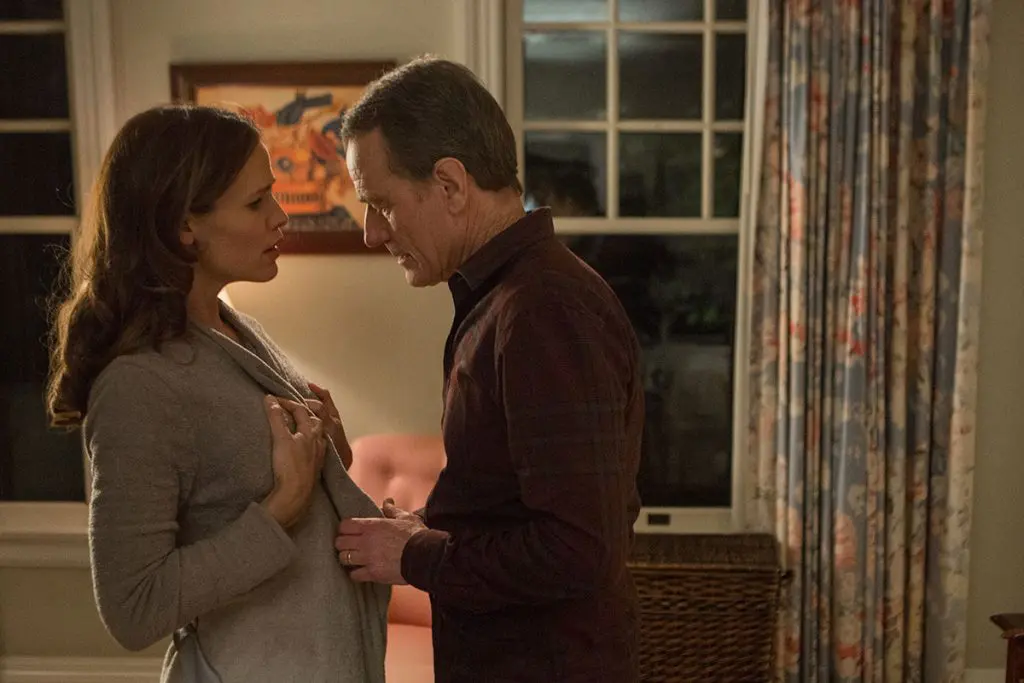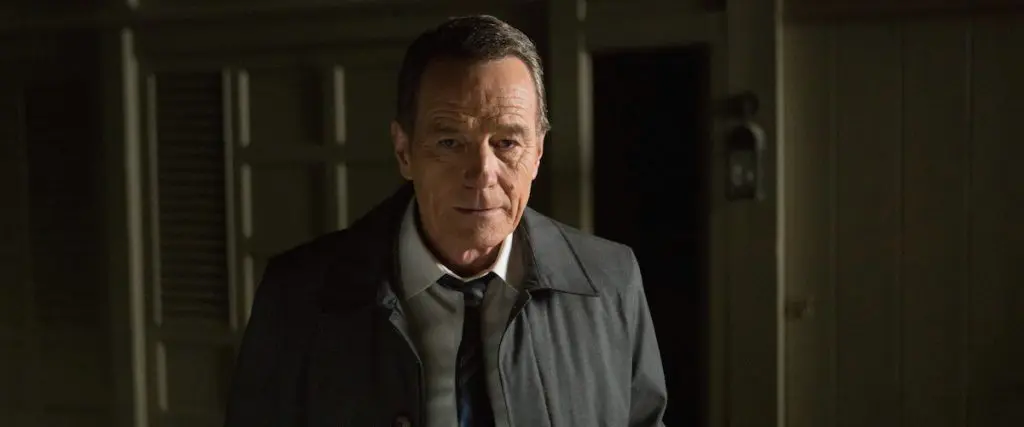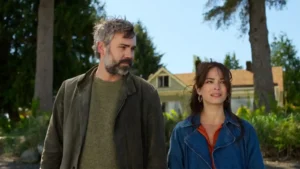Summary
Bolstered by strong performances from Bryan Cranston and Jennifer Garner, Wakefield provides an amazing transport that may not be for the faint of heart.
Nathaniel Hawthorne is the grandfather of the American Novel, and he is to date still one of the genre’s best practitioners, certainly with such novel luminaries as The Scarlet Letter and The House of the Seven Gables part of his quaint body of work. To all of the aspiring and burgeoning writers out there writing now for National Novel Writing Month in America, let the film Wakefield (2016) — an adaptation of a story inspired by Hawthorne’s short story of the same name — be a lesson on how to write and on how your writing will have a lasting effect should you do it correctly.
I remember the first time reading Hawthorne’s story as something of an entrancement and revelation. From the very moment when it was explained that Wakefield for some unspoken reason had veered off the path to his house and his waiting, loving wife to some other that led nowhere he belonged but stayed for near to 30 years, I believed, even then at my young age, that I understood the reason he did was because he wanted to see if the life in which he thought he played an important role might go on just the same without him. Down in the darkest corners of his heart, of course, he suspected that life would indeed continue without him and that it should. The Wakefield of this adaptation has a bit of a different sense.
Here Wakefield slips into the notion of excusing himself to see what would happen by accident. There was no intention in him to hide for many months in the attic of his garage behind the house, but it was done rather out of a response to his wife’s angry gesture of throwing his food into the garbage because he had not yet come home and had refused to answer her calls. Wakefield sleeps in the attic and the next morning, seeing his family go off to the activities of their separate days, he had a peak in curiosity: Despite all the grief they sometimes give him, could his family really make it in this world if he were to disappear? Wakefield thinks they can’t and decides to put the question to the test.

Opportunity after opportunity to have had his query satisfactorily answered in the way he initially suspected readily present themselves. His family worries, they cry, they generally mourn his absence. But something takes hold of Wakefield. He continues to delay calling an end to the test, and in his mind, he thinks he should mock them, which he promptly does. While the Wakefield written by Hawthorne seemed a nice man enjoined to walk out on his wife and family out of curiosity, to stay out longer because of an increasingly insatiable curiosity, he seems the more powerful portrayal of the Wakefields because of the simplicity of his motives. Hawthorne wrote fable; this current iteration must deal with the obfuscating realities of post-modernism, which certainly gives these two iterations fairly different kinds of aesthetic appeal.
Miraculously, the current film doesn’t suffer much from the difference. This film’s Wakefield is at least smart enough and honest enough to realize what went wrong. Starring Bryan Cranston as the titular character, the film has much to say about the pressures we allow in social situations to be put on us, whether the pressures are real or imaginary, with Cranston knowingly acting his way through these difficult explorations. Garner is equally good as the long-suffering wife, showing an understanding and vulnerability learned and accepted over time. By the end, both seem to understand just how fragile and tenuous relationships are and that not acknowledging the fact could cause you to give up ones that are perfectly fine. They also seem to understand that sometimes abdication of particular relationships at particular times might be the only solution able to renew them.
The most obvious thing of note about this film is that it cannot be widely liked. Despite everyone being able to relate to the simple premise, perhaps lamentably, very few would have the strength to follow through on it, and still less would have the madness. Because of this, I had a hard time letting this film be what it wants to be as opposed to me wanting it to be what I know it can. Ultimately, the film doesn’t tell its story in a way that is too laden with tricks in order to be engaging: The truth is presented and you are allowed to take as much of it as you want or are able.




